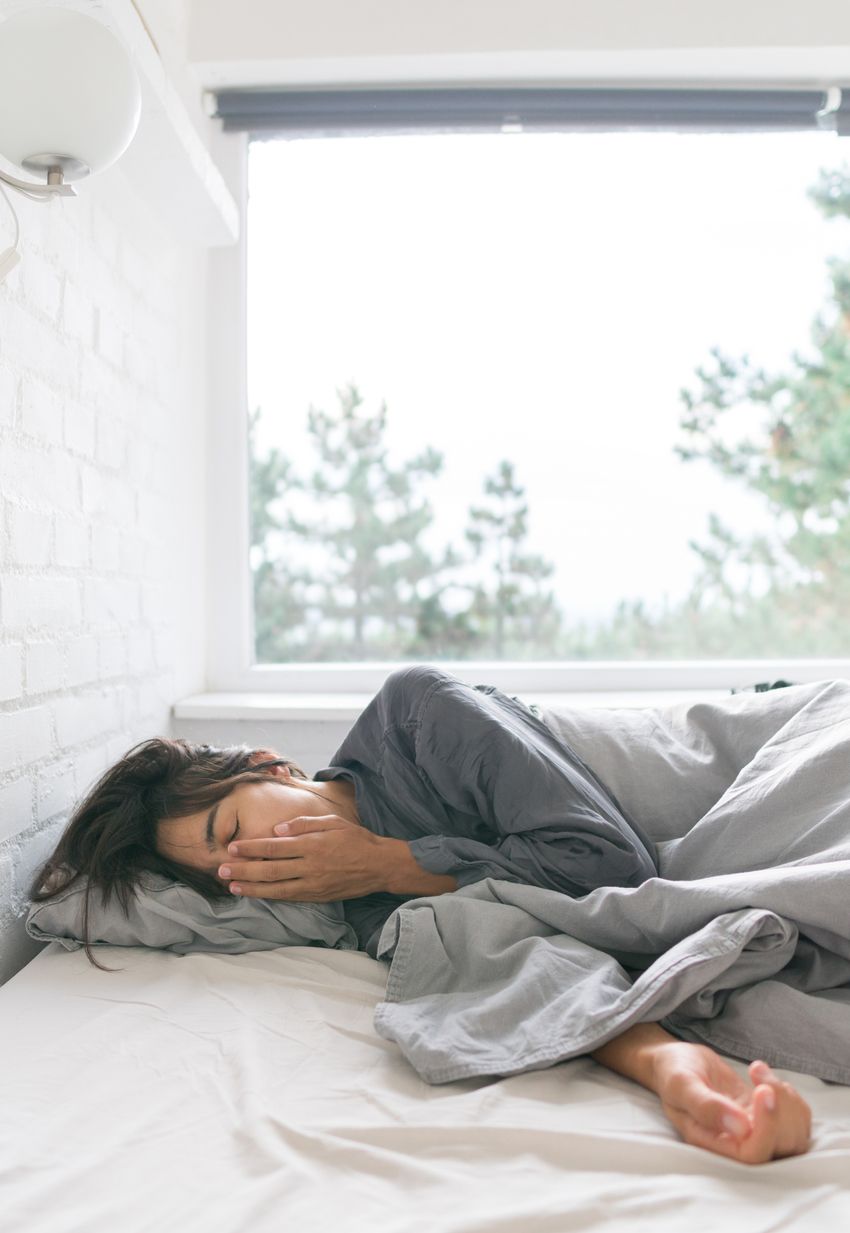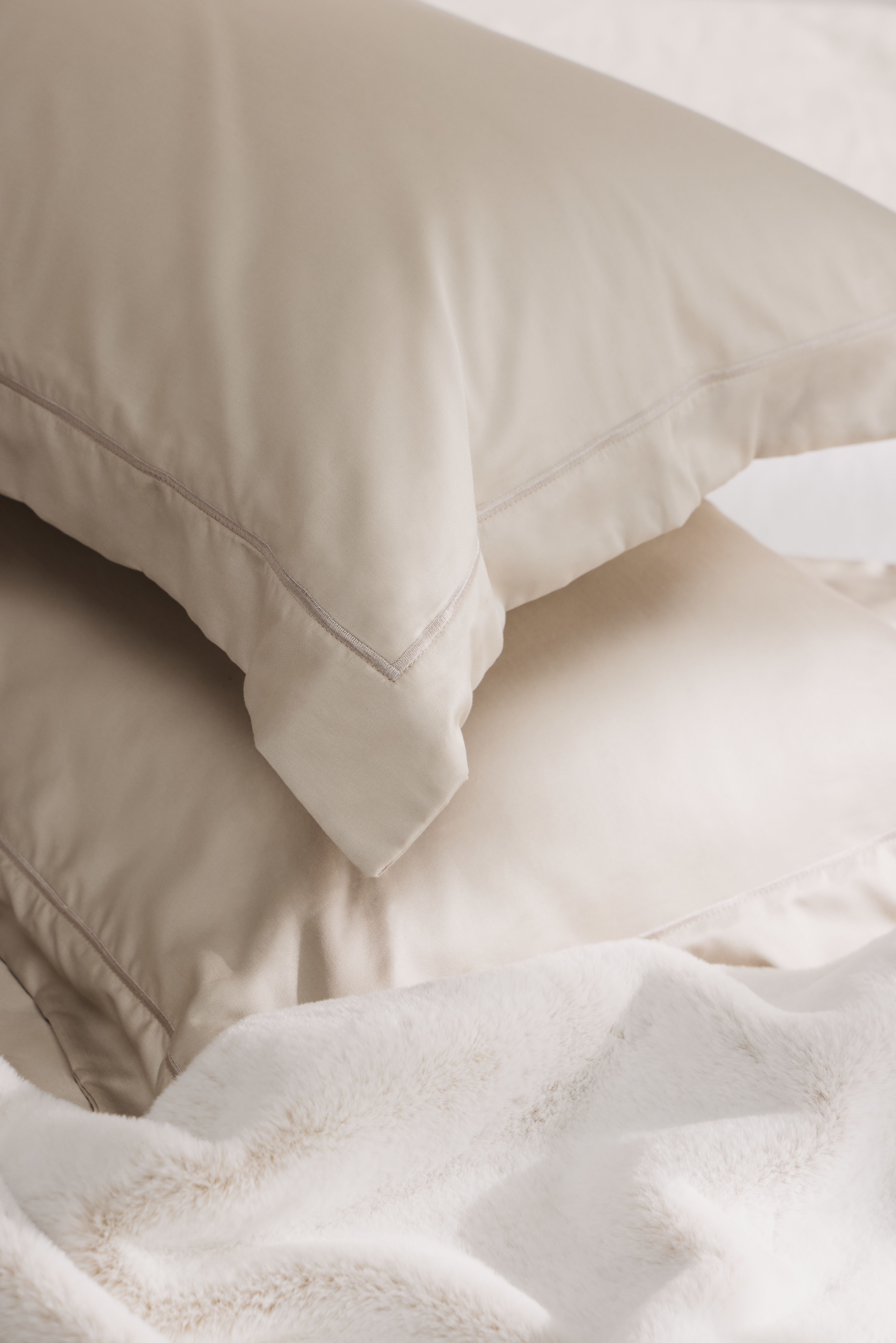


Perhaps you reach for a midnight snack when you’ve been tossing and turning. But that’s not the only reason why lack of sleep messes with your weight.
Being sleep-deprived is terrible for you in all sorts of ways. It’s bad for your concentration, your energy levels, your moods – you name it, it’s affected. Lack of sleep also wreaks havoc with your weight. When you don’t get enough shut-eye your blood sugar levels can drop, which makes you tired and hungry. Reaching for a quick pick-me-up – usually something sugary or carb- laden – will give your blood sugar an initial boost but this will be followed by a rapid drop and an energy slump. So you pop something else in your mouth . . . and so the cycle continues.
We asked Dr Irshaad Ebrahim, a specialist neuropsychiatrist from Cape Town, to delve into the relationship between sleep and weight.
Q: What is the ideal amount of sleep?
A: The amount that makes you feel your best. If you wake up feeling tired or become sleepy during the day, you’re not sleeping enough or you’re not getting quality sleep. All in all, along with regular exercise and a balanced diet, sleep is a necessity for optimal health.
Q: How does lack of sleep cause weight gain?
A: There are two elements: quantity and quality of sleep. For example, with sleep apnoea (when your breathing stops and starts while you sleep) your sleep is interrupted as a result of oxygen deprivation. Several studies show that when sleep is interrupted, the hormones that regulate fat metabolism – the way you burn and store fat – become abnormal, which causes weight gain. Sleep deprivation or insomnia makes us hyper-aroused. Usually people compensate by eating simple sugars – carbs such as bread or potato chips and sweets – which help them stay alert by providing quick access to energy. Of course, this also leads to weight gain.
Q: If you sleep too little one night but catch up the next, does this affect weight loss?
A: Short-term lack of sleep doesn’t affect your fat metabolism. Up to 72 hours of reduced sleep is okay, but when this is sustained for weeks or months, it becomes a problem.
Q: People who are overweight often struggle with sleep apnoea. What can they do about it?
A: If an overweight person is tired and sleepy during the day, it’s almost certainly a sleep condition. It’s a tricky chain of cause and effect – it’s almost impossible to lose weight without treating sleep apnoea. With sleep apnoea, oxygen deprivation makes abnormal fat metabolism even worse, and it won’t normalise until you get adequate oxygen during sleep – and that can happen only once you have treated the sleep apnoea.
Q: So does being overweight cause sleep apnoea?
A: It’s a bit of a chicken and egg situation: is being overweight causing sleep apnoea or is sleep apnoea causing the increase in weight? If you treat sleep apnoea, you can lose weight effectively. You can’t always lose weight without treating sleep apnoea.
Q: What kind of diet would you recommend for those with sleep apnoea?
A: I’m not a diet expert but this is what I recommend: cut down on carbs significantly, stop drinking alcohol, start exercising, eat more vegetables and keep a balance between protein and fats. People with sleep apnoea rely on sugar – often carbonated drinks, bread and pies – to keep their energy up. It’s a very difficult pattern to break.
Q: How can we improve the quality of our sleep?
A: Exercise regularly in the morning rather than in the evening. You want a highly charged adrenal system in the morning and to tone it down in the evening.




